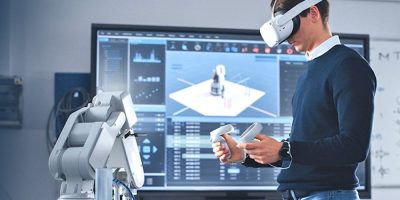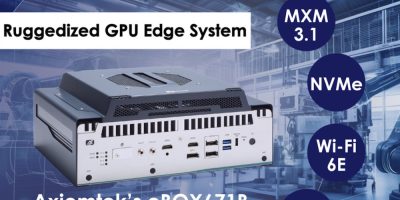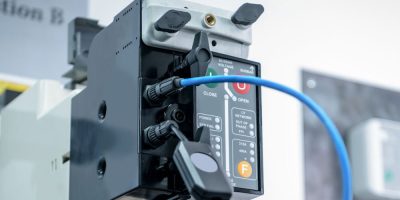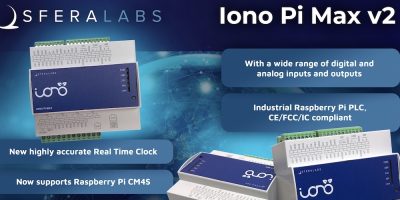Ceva has announced the general release of its next generation RivieraWaves Wi-Fi 7 IP platform, further expanding its widely-licensed portfolio of connectivity IP, targeting high-end consumer and industrial applications including gateways, TVs, set-top-boxes, streaming media devices, AR/VR headsets, personal computing and smartphones. The RivieraWaves Wi-Fi 7 IP leverages all the latest advanced features of the IEEE 802.11be standard to deliver a premium high performance, cost- and power-optimised Wi-Fi solution for integration into the next wave of Wi-Fi Access Point (AP) and Station (STA) products.
According to global technology intelligence firm ABI Research, annual Wi-Fi enabled chipset shipments will exceed 5.1 billion by 2028, with more than 1.7 billion of these chipsets supporting the Wi-Fi 7 standard. As Wi-Fi enabled device shipments continue to grow, increasing numbers of semiconductor companies and OEMs are choosing to integrate Wi-Fi connectivity into their chip designs, and need access to high quality Wi-Fi IP to reduce the development costs and risks. Spanning Wi-Fi 4/5/6 over the past decade, Ceva has already established a considerable leadership position in Wi-Fi IP licensing, with more than 40 licensees for its RivieraWaves Wi-Fi 6 IP family, serving a wide range of end markets and applications, from end points to access points, across the IoT sphere. Expanding on this leadership position, Ceva’s RivieraWaves Wi-Fi 7 IP provides a unique, comprehensive 802.11be MAC and PHY solution for integration into the next generation of Wi-Fi SoC products.
Andrew Zignani, Senior Research Director, ABI Research, commented: “Ceva’s wireless connectivity IPs play an integral role in the proliferation of connectivity standards in the broad IoT markets, as is evident from their customer’s success in shipping more than 1 billion connectivity chips annually. With the introduction of their RivieraWaves Wi-Fi 7 IP platforms, semiconductor companies and OEMs have a trusted partner to develop differentiated, high-performance Wi-Fi 7 chipsets for their connectivity roadmaps, with lower risk and a lower cost of ownership.”
Tal Shalev, Vice President and General Manager of the Wireless IoT BU at Ceva, stated: “The relentless expansion of Wi-Fi usage has pushed the Wi-Fi 7 standard to offer enhanced data throughput, improved latency and support more spectrum in the face of mounting network congestion. Achieving this requires highly complex, cutting-edge functionalities like 4K QAM modulation, Multi Link Operation and Multi Resource Unit to optimize link efficiency across the available bands. Our RivieraWaves Wi-Fi 7 IP platform incorporates all the features of this latest-generation, wireless standard, dramatically simplifying development and time-to-market for companies looking to add Wi-Fi 7 connectivity to their products.”
Wi-Fi 7’s 4K QAM modulation scheme is a substantial increase on the previous 1K QAM of Wi-Fi 6, while Multi Link Operation (MLO) introduces dynamic channel aggregation, seamlessly combining heterogenous channels from the same or different bands to navigate interference and boost throughput. Similarly, Multi Resource Units (MRU) enables the creation of larger channel bandwidths by intelligently stitching together punctured or disjointed Resource Units within the same band. The outcome is not only a remarkable up to 5 times increase in raw speeds but also significantly reduced latency, thanks to diminished contentions and retries.
visit https://www.ceva-ip.com/product/rivierawaves-wi-fi-platforms/.







